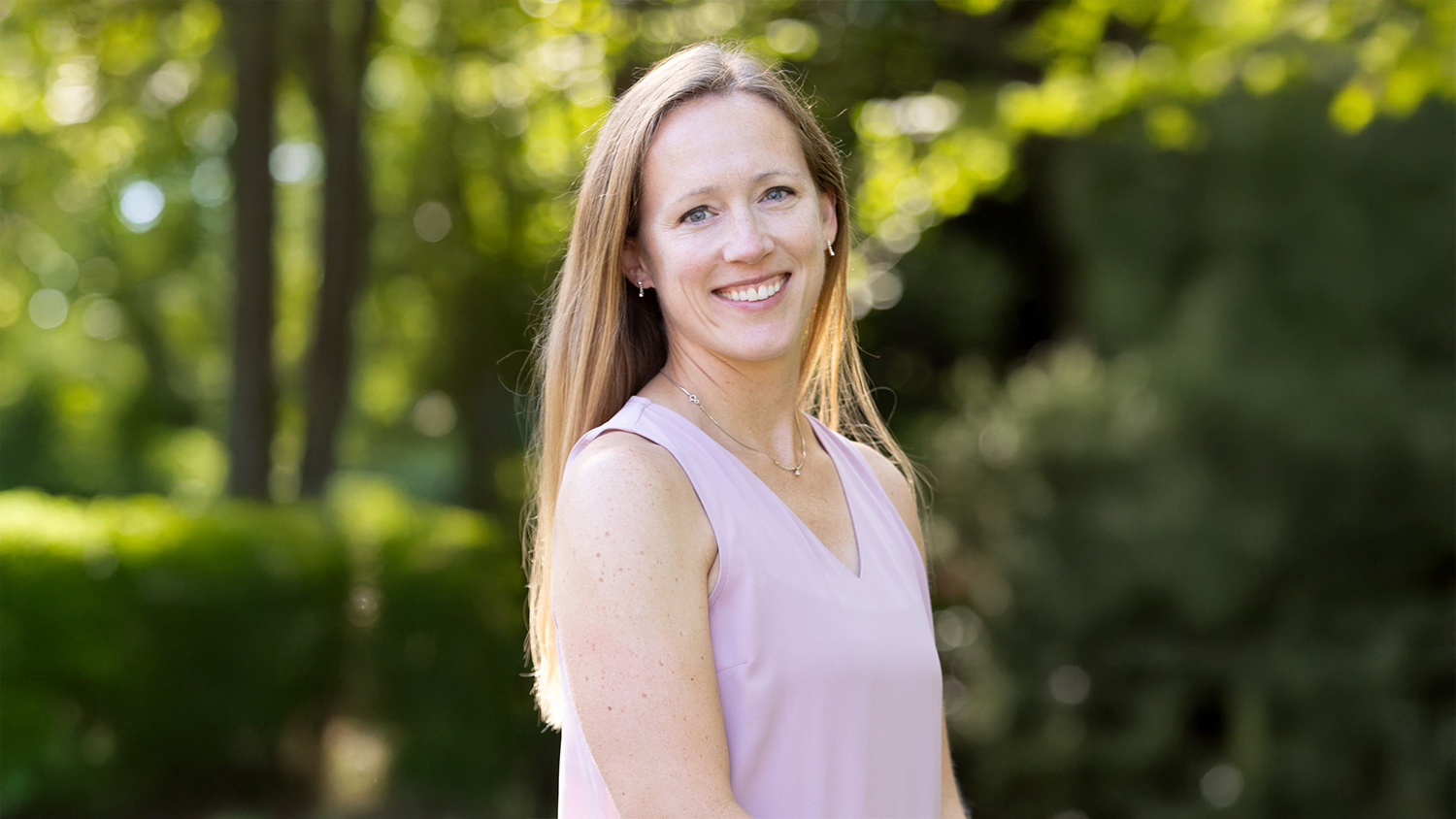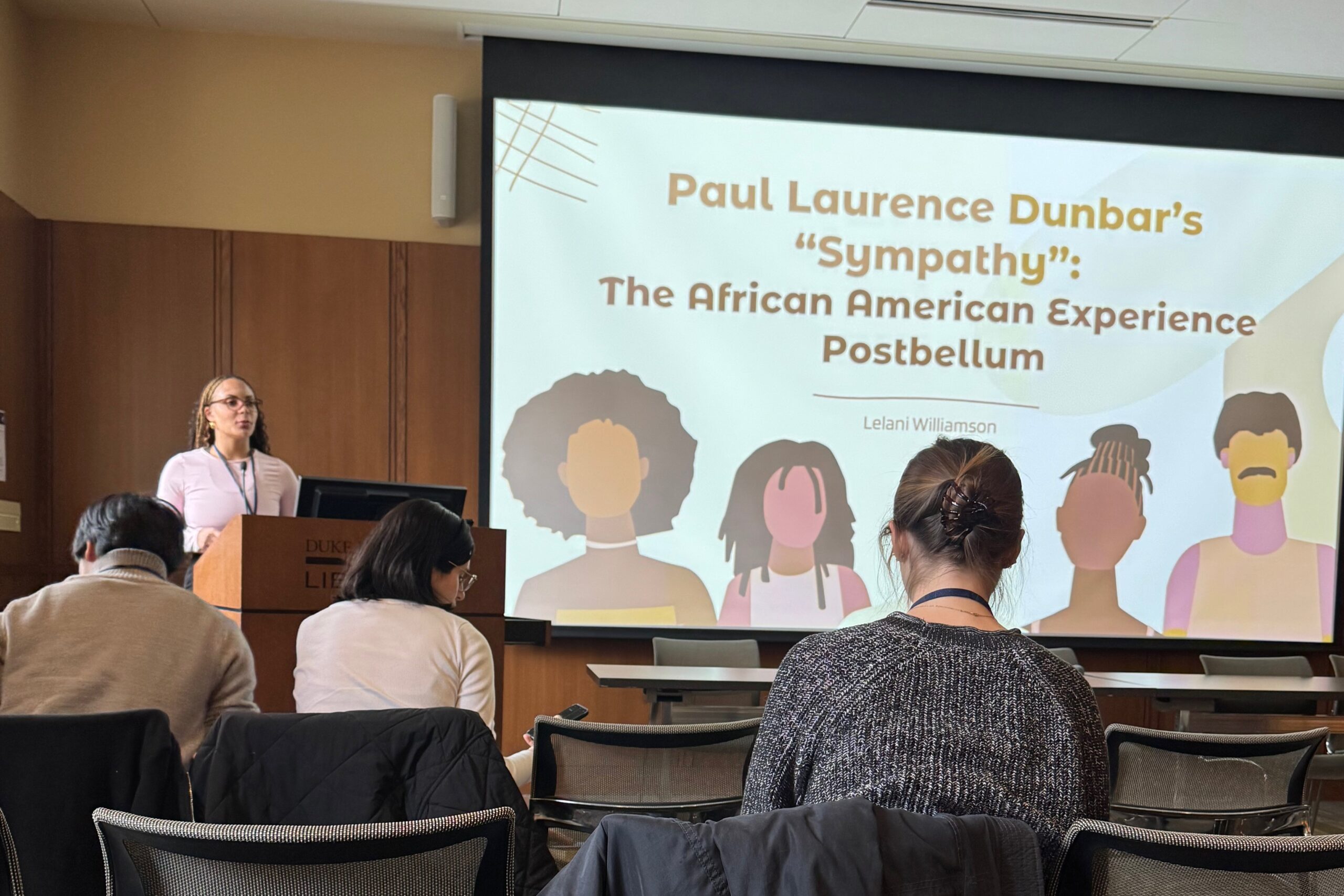Alumni Spotlight: Brady Trevisan ’17
“My time in the USP has allowed me to work with people from a variety of backgrounds and to think critically and creatively.”
In this edition of the Alumni Spotlight, we had the opportunity to chat with Brady Trevisan (Class of 2017) about his pursuit of graduate studies in Biomedical Engineering at the Wake Forest Institute for Regenerative Medicine. Brady earned a degree in Materials Science and Engineering. He has presented his research at several conferences and he also served as a University Scholars Assistant for much of his time in college. He credits his time in the University Scholars Program as helping him understand the bigger picture of what is possible through collaboration. Read on to learn more about what grad school has in store for Brady.
USP: Tell us about your involvement in undergraduate research at NC State and how you got involved.
BT: I was involved in 3 separate labs as an undergraduate. I first got involved by emailing a professor whose research I was interested in based on the descriptions on the department website and asking if they had room for an undergraduate researcher. After working in that lab for a year, the professor left the University and I talked to a newer professor who had similar research interests and switched to working in their lab. Both professors were happy to take on an extra undergraduate student. I got involved in my other lab by hearing from a professor in my class about a paid REU position with another professor in the department and went through with the application. I worked in that lab alongside the other because the labs were in different fields and I wanted to determine what type of research I would enjoy pursuing further.
USP: Sounds like you really had a well-rounded experience trying different things in different labs. Did that impact your decision to pursue graduate school?
BT: I thoroughly enjoyed the process of doing research in my undergraduate labs, and especially enjoyed the aspect of creating new medical treatments from working with Dr. Elizabeth Loboa and Dr. Danny Freytes in the Biomedical Engineering department. This inspired me to go to grad school and switch fields to have a more medical focus.
USP: Can you tell us the focus of your research now, or is it top secret?
BT: My current research focuses on the creation of cellular and gene therapies for genetic diseases. I am also working with microfluidics and the body-on-a-chip field.
USP: That sounds fascinating and complicated. What are the main challenges in this field of research and what have you learned so far?
BT: In my research, I have needed to take the developed methods in the field and use them for a new purpose. The challenges that I have had in my research are that initial designs have many flaws that could not have been foreseen, and it takes many iterations of a design to finally iron out all of the issues. I have learned that putting thought into every action and accounting for all possible issues early is more effective than trying to work quickly and fixing problems when they arise.
USP: Sounds like planning ahead is paramount to this process. How did your time in the University Scholars Program prepare you for graduate school?
BT: My time in the USP has allowed me to work with people from a variety of backgrounds and to think critically and creatively. This has helped in looking at the larger picture when working on a smaller more specific scale and to better understand where help from others would be beneficial and how to get the most from what they have to offer.
USP: There are lots of current students that will find the research you do fascinating. What advice would you give them about preparing for graduate school?
BT: To prepare for grad school I would definitely recommend doing undergraduate research to find a generic field that you want to work in. This should be more specific than a major or department; my graduate program specifically has 3 main focuses: regenerative medicine, biomechanics, and medical imaging. On top of that take the professors that you could work into account when deciding where you want to go. Having a PI that you enjoy working with can make your graduate school experience great, but having a bad PI can ruin it even if you love the research.
USP: Yes, that is so true, the people matter just as much as the topic you’re studying. In closing, what is the best advice you’ve received?
BT: “The data is the data, our job is to take what we have found and tell a story from it.” We may come into an experiment with a specific hypothesis, but if the data is showing something different or you see something interesting that is unrelated to that, our job is to interpret that and tell the story. Keep an open mind and make sure everything you do flows together to tell a complete story.
USP: Thanks for sharing that Brady, and best of luck on the rest of your semester. We’ll look forward to hearing more about your research once it comes to a close in a couple of years.
- Categories:


